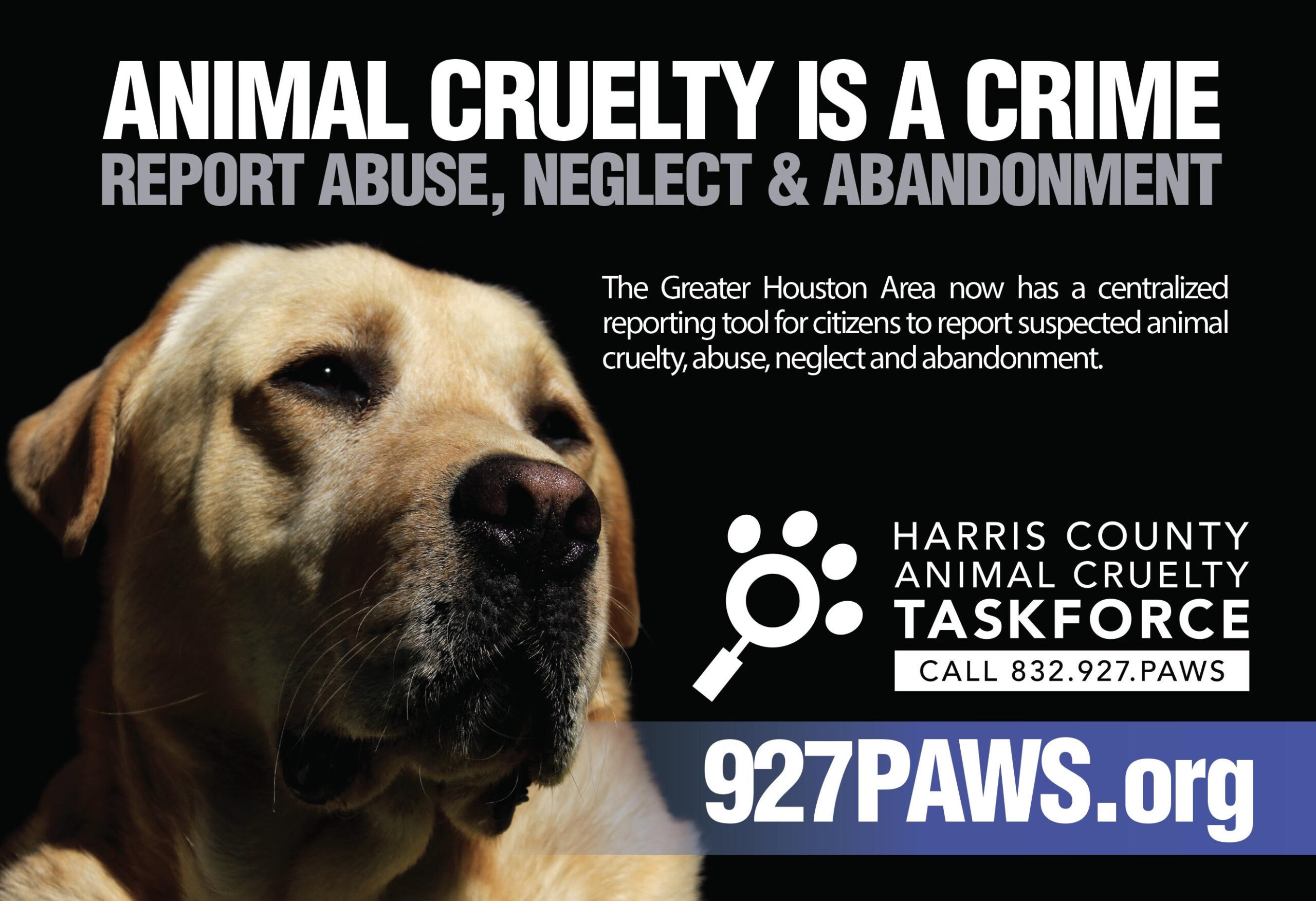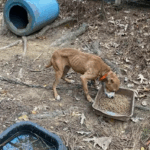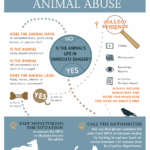Animal neglect is an abhorrent reality that lurks in the shadows of society, akin to a whisper in a crowded room. It thrives in silence, often overlooked yet profoundly damaging. When an animal is subjected to neglect, it cries out for help, yet its voice remains unheard. Recognizing this injustice is the first step towards advocacy and intervention. But when one confronts the stark bleakness of animal neglect, who does one turn to? Herein lies a comprehensive guide to the essential contacts for reporting and combating animal neglect, a veritable legal hotline list that empowers compassion and action.
In the labyrinthine maze of legalities and agencies, understanding who to contact can be bewildering. Animal neglect may manifest in various forms—lack of food, appropriate shelter, medical care, or companionship. Each case requires a tailored response that resonates with the specific nature of the neglect. The intricate tapestry of animal welfare laws varies from state to state, yet the common thread remains: the essential immediacy of intervention.
**Local Animal Control**: The first point of contact for any suspicion of animal neglect should be the local animal control agency. Think of them as the guardians of the city’s moral compass regarding animal husbandry. An officer trained in the nuances of humane treatment and animal welfare can assess the situation on-site, utilizing their expertise to determine the appropriate course of action. Their role is pivotal; they not only have the authority to remove an animal from danger but can also enact local ordinances that safeguard against neglect.
**Humane Societies and Rescue Organizations**: These organizations provide a sanctuary for neglected animals, offering rehabilitation and fostering opportunities. Across the nation, humane societies serve as beacons of hope—often bustling with volunteers fervently working to rescue animals in peril. A call to a local humane society can lead to immediate assistance or guidance on how to navigate the complexities of animal welfare laws. They will often maintain a network of resources, including veterinarians willing to provide care pro bono.
**Law Enforcement**: In cases where animals are enduring extreme neglect or abuse, law enforcement becomes crucial. They hold the power to file charges against perpetrators and, in more severe circumstances, to execute arrests. When witnessing acts of cruelty—whether it be an animal left starving or tethered without shelter—it’s imperative to contact the police. They are equipped to handle such situations as criminal offenses, offering a legal recourse that is vastly different from civil complaints.
**State Animal Welfare Agencies**: Each state has its own regulatory body overseeing animal welfare, akin to a vigilant sentinel safeguarding against injustice. These agencies often have the autonomy to investigate reports of neglect and can intervene in serious cases. They may also provide educational resources for pet owners to reduce neglect incidents in the first place. By contacting a state animal welfare agency, an individual can ensure that serious allegations are thoroughly investigated with the weight of the law behind them.
**Veterinary Practices**: Vets are not merely craftsmen of medicine; they are compassionate advocates for animal well-being. If pet owners are financially incapacitated or negligent in providing care, veterinarians can serve as whistleblowers, reporting suspected neglect to the appropriate authorities. Many veterinary practices have protocols in place for discussing suspected abuse or neglect with the relevant legal entities. Their observations, bolstered by clinical expertise, can be pivotal in legal proceedings.
**Legal Aid Organizations**: In situations where one witnesses animal neglect but lacks the means to take legal action, non-profit legal aid organizations may provide the necessary support. These groups focus on animal rights and may offer services pro bono, helping individuals navigate the competitive waters of animal law. Engaging with a legal aid organization can empower citizens to take a stand against injustice with knowledge and support that they would otherwise not possess.
**Animal Advocacy Groups**: National and regional animal advocacy groups can be additional resources. Organizations such as the ASPCA or the Humane Society of the United States actively campaign against animal neglect. They provide hotlines and support networks for reporting cases and often assist in legislative advocacy for stronger animal protection laws. Aligning oneself with an advocacy group can amplify individual efforts to combat neglect, shifting it from a solitary battle to a united front.
**Community Education**: Equally important as knowing whom to contact is understanding the necessity of community education. Spreading awareness about animal neglect and the resources available can lead to a more informed public. Through community workshops, social media campaigns, or informational flyers, educating the populace is crucial. Knowledge acts as a double-edged sword; it empowers individuals to take action while simultaneously creating a network of vigilance in the community.
Ultimately, addressing animal neglect requires a tapestry of cooperation, where communities bind together against this societal flaw. By identifying the appropriate contacts and understanding their functions, individuals become the lighthouses guiding lost souls—both human and animal—back to safety and compassion. Animal neglect may well be the shadow of society’s conscience, but each call made, each report filed, serves as a reminder: to acknowledge suffering is the first step towards alleviating it. Understand the channels through which assistance can be summoned, and wield them with resolve and compassion in the fight against neglect.







